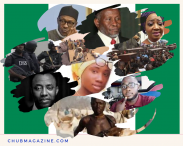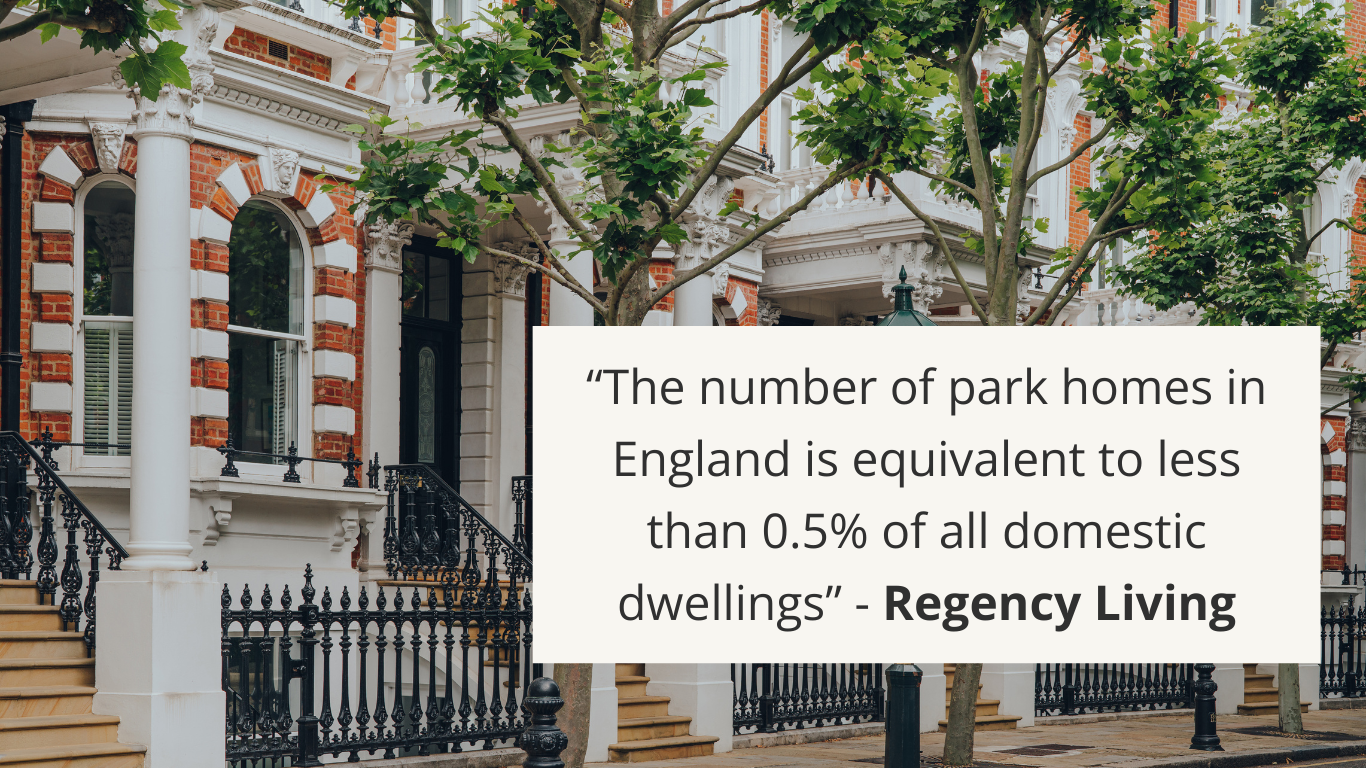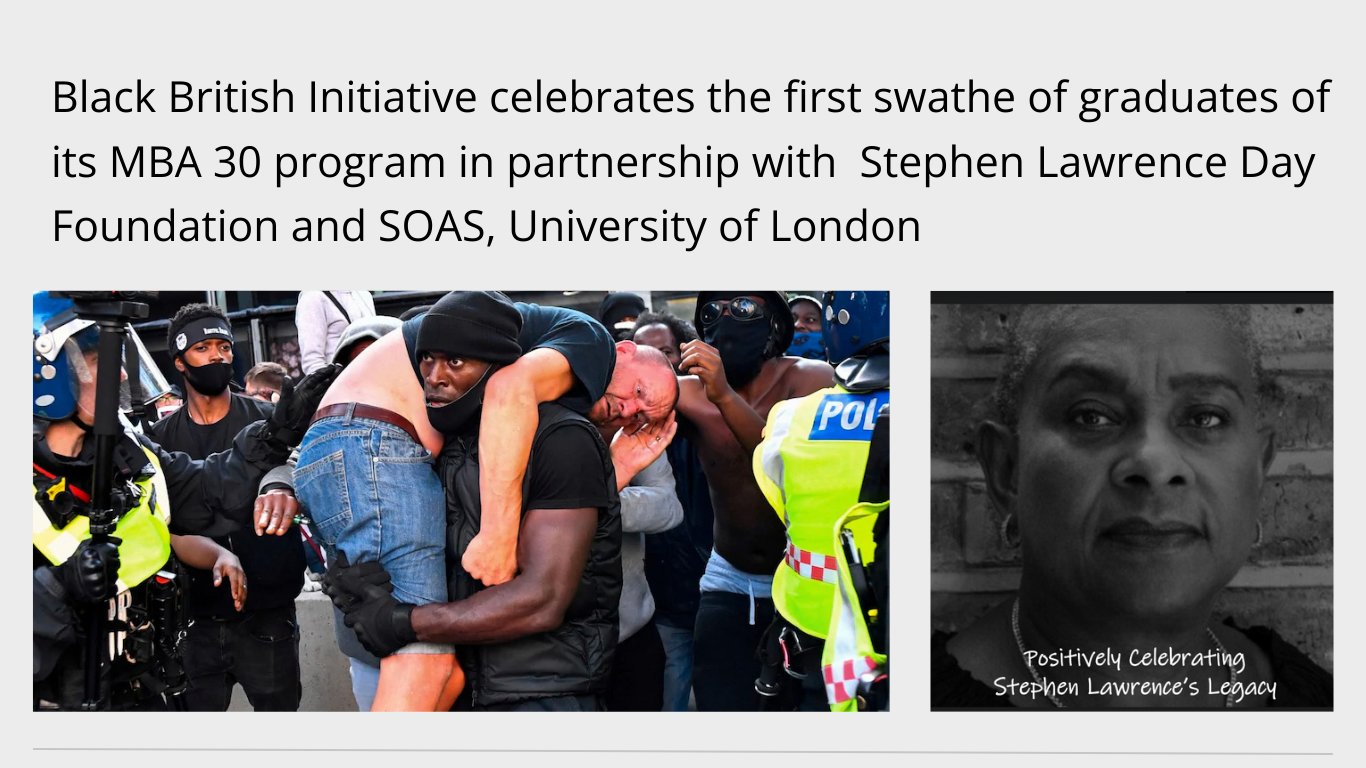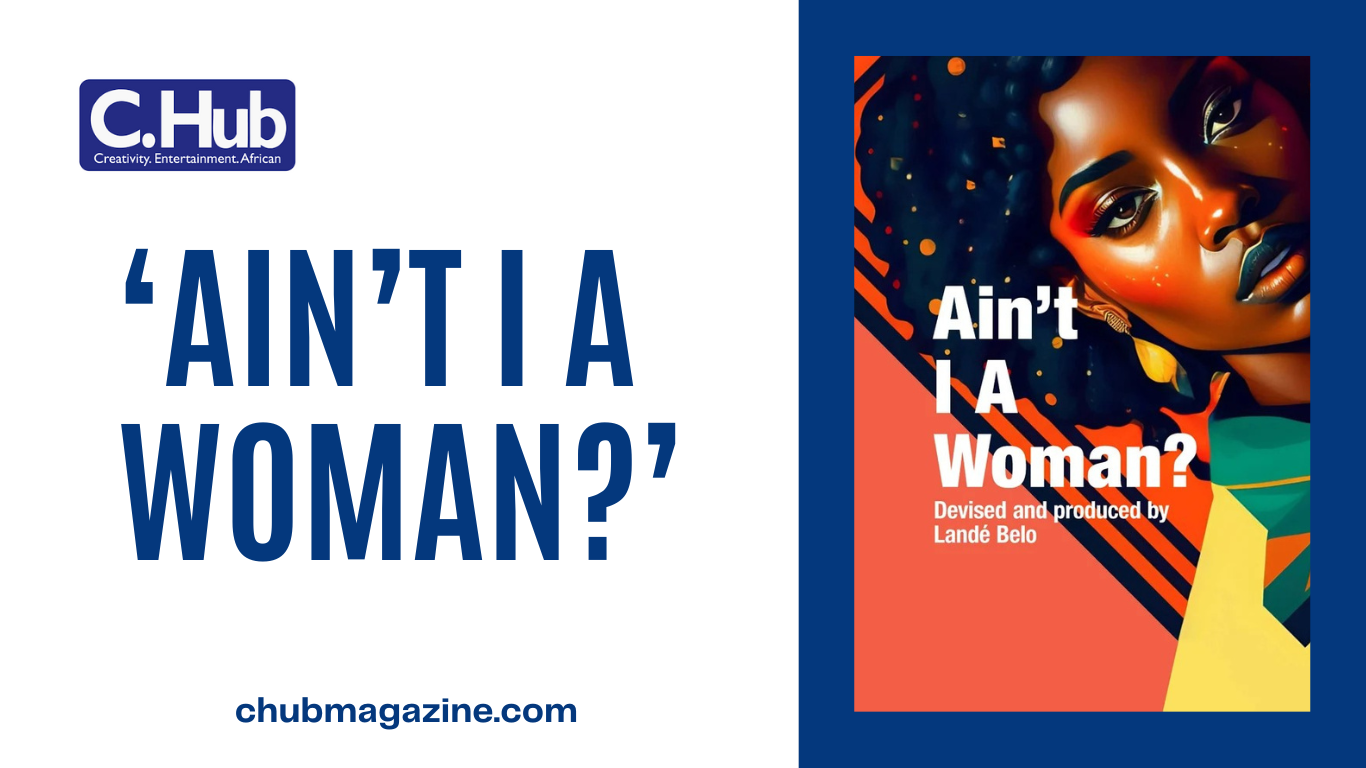
Nigerians are known to be vibrant, jubilant happy people. The celebration of their nation’s independence is not one to go unnoticed. Year on year, Nigerians all over the world make great efforts in celebrating their motherland regardless of where they find themselves.
But, something was visibly and palpably different this year. So many Nigerians were reluctant to share their joy or celebrate independence they said has been marred with pain and suffering.
In the UK for example, different groups, from entertainment to religious groups – DJs, Nollywood etc would host unending parties and concerts to mark October first. But that didn’t happen this year. The few that were organised didn’t receive its usual rousing response.
A few people summoned the courage to post their nations’ flags and wish of happy independence. Yet, for the few that did, they were met with pessimistic and angry responses asking, “happy what day?”
A prominent Nigerian socialite, Charly Boy wrote, “Today is October 1st, Nigeria’s Independence. 59 wasted years, I still feel like am living in 19 mongopark era.
I can’t stop thinking how things have drastically decayed.”
Today should not be a day for prayers, we’ve prayed enough. God must be tired of our stupidity. https://t.co/32QEJOqxTg
The sentiment of Charly Boy seems to be widely the same as shared by numerous others.
“HAPPY INDEPENDENCE DAY Nigeria! We will always be the GIANT OF AFRICA
No matter how much the government tries to oppress people & SARS harasses civilians.
We hustle no matter where we are in the world (We no dey carry last) #Nigeriaindependence #NigeriaAt59” https://t.co/Wdo1wvSuXE
And for some, the only option would be to escape the country entirely.
“Next year I will celebrate Nigeria’s independence outside this country. 🏾”
As we mark independence, we must note that there is no true INDEPENDENCE when Government critics are intimidated, arrested, detained or missing. #NigeriaAt59 is a sad reminder that after freedom from colonial rule, Nigerians are now being enslaved by their own leaders. Shame! https://t.co/8LJ5X3iIXm
With the coldness seen towards the independence day celebration, it’s not out of place to ask the question. What really changed for Nigerians to make them ignore their once hugely celebrated independence? And I think the answer is not far fetched.
20 years ago, 29 May 1999, when Nigeria ushered in democracy after decades of military rule since 1966 and a brief democracy of 1979 – 1983 which was also interrupted, the West African nation showed signs of hope and citizens believed in the vision of a country that is growing. Through the Obasanjo years, Yaradua and Jonathan leaderships, Nigerians found their voices. They could attract the attention of the government through freedom of the press, through their music, through peaceful protests. There was clear hope that democracy has finally come. In fact, during President Jonathan’s leadership, Nigerians enjoyed total freedom of expression and thus it was commonplace for people to openly criticise his government and insult even his person. He was called clueless and social media and physical protests were commonplace.
However, things turned drastically when Jonathan’s bid for a second term failed. Nigerians decided that former military junta, Muhammad Buhari would be the best person to handle their then Boko haram insurgency.
In 2015, President Buhari returns as Nigerians democratically elected leader. But they say somethings never change. And Mr Buhari seems to be one of those things that never change. Once held a military regime as the Commander in Chief, Mr Buhari seems not to understand democratic protocols and it was not long for him to unleash his military highhanded style rulership on Nigerians, gradually clipping their wings and their once enjoyed freedom of speech and press.
Steadily and gradually, Mr Buhari strategically positioned himself as one who is fighting corruption gaining support and loyalty of many whose hope was that Mr Buhari would restore integrity to Nigeria’s largely corrupt political scene. However, it was not long to find that the fight against corruption may have been a hoax or a way to shut down his political enemies and or critics. Anyone who stood in his way for the second term was targetted and dragged into the EFCC net. Gradually, activists and journalists who criticised or challenged the President’s style of leadership or incompetence began to disappear or be arrested by DSS, locked up or at least are harassed to silence. Peaceful protests were met with heavy-handed brutal military-style police crush.
Earlier this year with his ‘NextLevel’ mantra, President Buhari was re-elected for the second democratic term having been Nigeria’s military ruler after a military coup on 31 December 1983, overthrowing the then unpopular President Shehu Shagari. Many Nigerians would describe his 2019 re-election as yet another coup. This time against citizens and non-military. Having suspended Chief Justice Walter Onnoghen and replacing him with an acting chief justice, Tanko Mohammed, a judge from the northeastern state of Bauchi weeks ahead of an election in which the judiciary could play an important role, Mr Buhari effectively secured his second term re-election regardless of the outcome. And we saw that play out in the handling of the electoral tribunal of the opposition challenge of the result of President Buhari’s re-election. As already speculated, Justice Tanko apparently did what he was appointed to do.
Unfortunately, President Buhari has not only questionably taken up a second term perhaps against Nigerians’ will, (we will never know) he has gradually made Nigeria a shadow of itself. He has not only failed to tackle the insurgency of Boko Haram, but new forms of insurgency continue to spring up, including Fulani Herdsmen, kidnapping gangs throughout the country, bandits, sporadic and continuous killings, police brutality, military emboldened to maltreat and kill, the appointment of most corrupt politicians, insensitivity to the plights of the citizens, lack of hospitals, dwindling educational system, no roads, unemployment skyrocketing. You name it. There is hardly positive news since the instalment of President Buhari both in his first level and his next-level except maybe – ‘tradermoni’ which has been proven to be an election buying activity.
President Buhari has not only been incompetent but has not been able to fulfil any of his campaign promises neither has he been able to maintain the image of integrity he sold to the people. Instead, he has succeeded in silencing all his critics, has resorted to disregard and disrespect of rule of law.
Let’s look at Nigeria’s Human Rights Report Card under President Buhari: as recorded by Human Rights Watch.
Police/Military/DSS: Since 2015, there has been a swift rise in arbitrary arrests, illegal detentions, and torture which has exposed human rights abuses by security agencies, including by the Department of State Security Services (DSS) and the Police Special Anti-Robbery Squad (SARS).
Boko Haram: In February, insurgents abducted 110 schoolgirls from Dapchi, Yobe State. One hundred and four of the Dapchi girls were released two weeks later after negotiations with the government. Five of the remaining girls reportedly died in captivity and one girl, Leah Sharibu, continues to be held hostage allegedly for refusing to deny her Christian faith. About 100 of the Chibok schoolgirls remain unaccounted for.
Despite the government’s premature claim to have defeated Boko Haram, abductions, suicide bombings, and attacks on civilian targets by Boko Haram persisted. At least 1,200 people died and nearly 200,000 were displaced in the northeast in 2018. In June, at least 84 people were killed in double suicide bomb attacks attributed to Boko Haram at a mosque in Mubi, Adamawa State.
Herdsmen attacks on Farmers and villagers: In the Middle Belt herdsmen attack on farmers and villagers intensified in 2018 and further exacerbated the security situation in the country. At least 1,600 people were killed and another 300,000 displaced as a result of the violence.
Recurring violence between herdsmen and farmers, as well as related cattle theft and banditry in many northern states, including Zamafara and Kaduna, posed serious threats to peace and security. Although the violence is increasingly described in religious terms, competing claims to land and other resources are at its core.
In June, a typical reprisal attack began after farmers allegedly killed five herdsmen for allegedly trespassing on farms in Plateau state. In apparent retaliation, herdsmen attacked villages in the area, killing 86 and injuring hundreds, including women and children. In September, suspected herdsmen killed 51 people and abducted about 24 others in Numan, Adamawa State.
Uncoordinated and inadequate responses by state and federal authorities deepened mistrust and perception of authorities’ bias and complicity in the violence.
In May, at least 45 people were killed in an attack by bandits in Gwaska village, Kaduna State. Zamfara state was perhaps the worst affected by frequent bandit attacks, who killed at least 400 people and displaced over 38,000 in 2018. In July, the government deployed 1,000 military troops to the state to tackle insecurity.
Read the full report here – https://www.hrw.org/world-report/2019/country-chapters/nigeria
Nigeria is far from independence writes Nigerian activist in
Nigeria @ 59: Nigeria is far from Independence – @segalink https://t.co/qMMYn0TxzH
#Nigeria #NigeriaNews #NigerianNews #Nigerians #Nigerian #NigeriaAt59 #IndependenceDay #October1st #nigeriaindependence















Comment